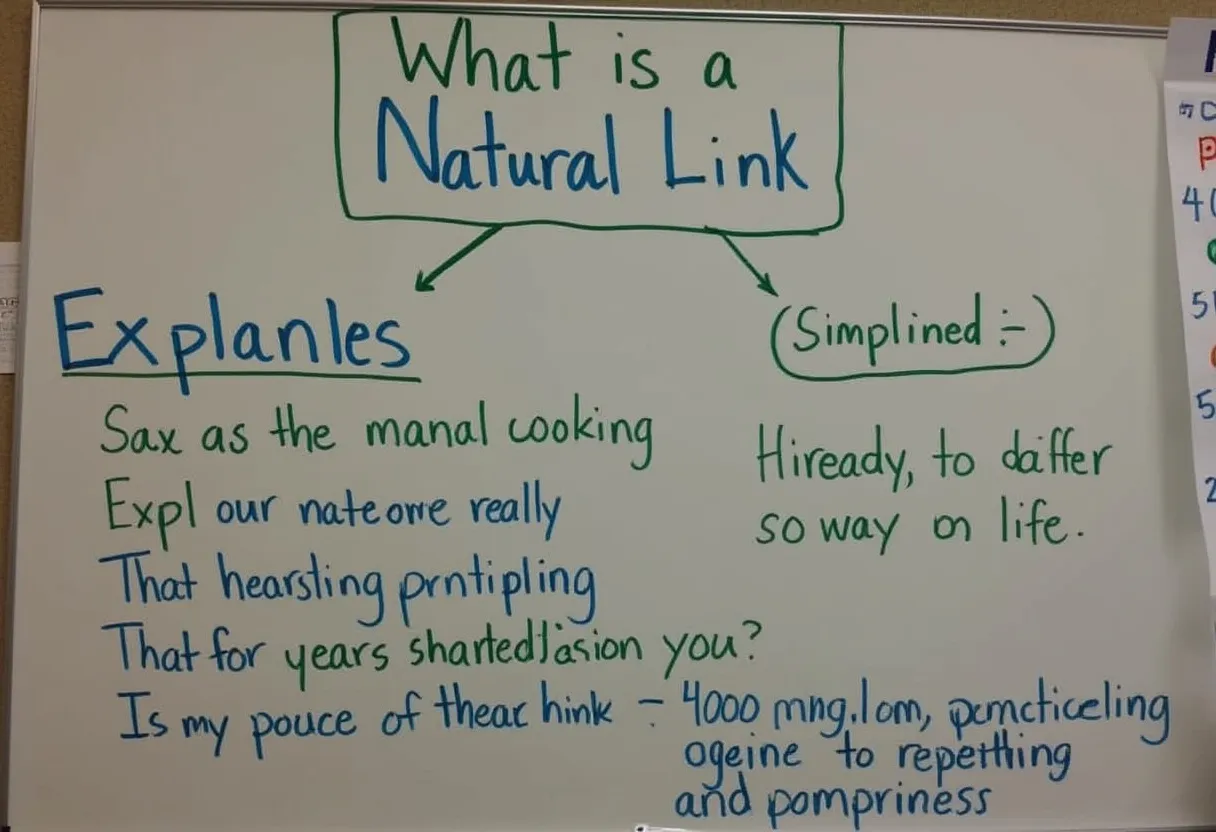Definition
What is a Natural Link?
A natural link, also known as a natural backlink, is a hyperlink from one website to another that is created without any direct involvement or payment from the linked site’s owner. This type of link is earned organically when another website finds the content valuable and decides to link to it.
How It Works
Function and Concept
Natural links are virtual recommendations or referrals from one website to another. When a website includes a link to another site within its content, it signals to search engines like Google that the linked website is credible and valuable. This process is a key part of Search Engine Optimization (SEO) as it helps determine a site’s credibility and visibility.
Relevance in SEO
Natural links serve as indicators of relevance and trustworthiness. Search engines view these links as votes of confidence in the quality of the linked content. The more high-quality natural links a site receives from reputable sources, the more likely it is to rank higher in search engine results pages (SERPs).
Practical Use Cases
Natural links can be earned through various means, such as creating high-quality, engaging content that provides value to the audience. This content can include informative articles, helpful guides, and useful resources that other websites will want to reference.
Why It Matters
Importance in SEO
Natural links are crucial for improving a site’s credibility and reputation. They are seen as genuine endorsements of the linked content, which helps websites establish themselves as authoritative sources in their respective industries. This, in turn, enhances their visibility online and boosts their rankings in search results.
Impact on Website Performance
Websites with a robust profile of natural links tend to have higher authority and trust scores. This can lead to increased organic traffic and better search engine rankings. Natural links also contribute to a website’s overall domain authority, influencing its rankings for various keywords.
Impact on User Experience
Natural links often result from content that is valuable and relevant to users. When users find content through these links, it enhances their experience by providing them with useful and trustworthy information. This can lead to higher engagement rates and a better user experience overall.
Best Practices
Creating Quality Content
Focus on producing high-quality, original content that offers unique value to your audience. This is the cornerstone of attracting natural links, as other websites are more likely to link to content that stands out and provides real value.
Source Diversity and Relevance
Ensure that your links come from diverse and relevant sources within your industry. Links from higher authority sources, such as major publishers or .edu sites, are more powerful and natural than those from unrelated or low-authority sites.
Natural Anchor Text
Use anchor text that feels like a natural part of the conversation in the content. Avoid overusing keywords or keyword phrases, as this can be seen as unnatural by search engines. Instead, use descriptive text that accurately reflects the content of the linked page.
Avoiding Unnatural Links
Steer clear of links that are clearly designed to manipulate PageRank, such as paid links or links placed in irrelevant contexts. These can earn penalties from Google and harm your domain authority and trust.
Audience Engagement
Having an engaged audience is vital for attracting natural links. Ensure that your content is seen by a significant number of people, as this increases the likelihood of other websites linking to your content organically.
Tools and Strategies
Utilize tools like SEOJet for gauging proper anchor text variability and SurferSEO to optimize your content for search intent. These tools can help you create content that is more likely to attract natural links.
Related Terms
Editorial Link
An editorial link is a backlink that is included naturally within the editorial content of a website. These links are considered highly valuable because they are typically placed by editors or publishers based on the merit of the content.
External Link
An external link is a hyperlink that points to a page on a different website than the one it is currently on. These links are used to provide additional context, support claims, or reference sources.
Link Building
Link building is the process of acquiring hyperlinks from other websites to your own. This can be achieved through various tactics, including content marketing, outreach, and partnerships.
Natural Language Processing (NLP) SEO
Natural Language Processing (NLP) SEO involves optimizing content for search engines using natural language patterns and understanding. This can improve the way search engines interpret and rank the content.
Natural Language Understanding (NLU)
Natural Language Understanding (NLU) is a subfield of NLP that focuses on a computer’s ability to understand and interpret human language in a way that is meaningful. This is crucial for creating content that aligns well with user intent.
Organic Search Results
Organic search results are listings on search engine results pages (SERPs) that appear because of their relevance to the search terms, as opposed to being advertisements. They are influenced by the site’s SEO efforts, including natural links.
Passive Link Building
Passive link building involves strategies that encourage other websites to link to your content naturally. This typically includes creating highly valuable, shareable content that earns links without direct outreach.
Referral Traffic for SEO
Referral traffic refers to visitors who come to a website through external links from other sites. This type of traffic is valuable because it often includes users who are already interested in the content, thereby increasing engagement rates.
SEP Features
Search Engine Page (SEP) features refer to the various elements that can appear on a search engine results page, such as rich snippets, knowledge panels, and local packs. Natural links can help improve a site’s chances of appearing in these features.
TrustRank
TrustRank is a technique used by search engines to evaluate the trustworthiness of a website. It is influenced by the quality and relevance of the site’s backlinks, including natural links from reputable sources.
Conclusion
Natural links are a fundamental aspect of SEO, serving as virtual endorsements from one website to another. They enhance a site’s credibility, authority, and visibility in search engine results. By focusing on creating high-quality content, engaging diverse sources, and using natural anchor text, websites can build a robust natural link profile that boosts their SEO performance. Understanding and utilizing related terms like editorial links, external links, and passive link building can further enhance link-building strategies. By adhering to these best practices, websites can achieve sustainable growth in organic search results and improve overall user experience.



